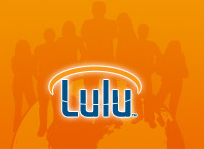
Effective January 15, 2013, Lulu will no longer offer Adobe’s Digital Editions DRM as an option when publishing or revising eBook content in EPUB and PDF formats. DRM works best when administered by those who control how content is purchased and viewed. Companies like Amazon, Apple and Barnes & Noble integrate a reader’s experience from purchasing to downloading and finally to reading. These companies do a fantastic job in this area, and eBooks published through Lulu and distributed through these retail sites will continue to have the same rights management applied as they do today.
For readers who download eBooks directly from Lulu.com to the device of their choice, removing DRM on EPUBs and PDFs will remove their need to create an Adobe account, authorize the purchase in Digital Editions or install a third-party application. This creates possibilities for the growing number of readers who want to shop, purchase and download books to their eReaders from sites other than large corporate providers. And we see that as a step towards helping authors reach the broadest audience possible.
Though a lot of indie writers are anti-DRM, this isn’t the case for everybody. Indeed, one of the reasons that writers might choose to publish an ebook via Lulu, rather than Smashwords, is because of Smashwords’ position on DRM.
What is Smashwords’ position on digital rights management (DRM)?
We think DRM is counterproductive because it treats lawful customers like criminals. Consumers value non-DRMed content and there’s a growing body of evidence that digital content producers who have abandoned DRM are enjoying greater sales. Many buyers of ebooks resent DRM because it limits their ability to fully own and enjoy their digital book. At Smashwords, we only publish DRM-free works. By the same token, we strictly discourage illegal pirating of an author’s works.
But taking a look at this comment on Paid Content, this is not a universally-shared opinion:
I’ve got copies of my non-DRM ebooks all over the torrent sites and thousands of downloads registered, for which I haven’t received a cent. As soon as you push for them to be taken down, they’re posted up again.
This is a seriously retrograde step by Lulu, which clearly seems to value only its own profile, displaying no concern whatsoever for its content creators. Lulu should be aware that professional authors don’t write to satisfy their egos – they need money to make a living, and develop a career.
At the very least, Lulu should have canvassed the views of those most affected – ie its content creators – before taking this step, instead of being totally disinterested in our views.
The problem with DRM is that it hardly stops pirates from disseminating work – so what it mostly does is create a hassle for Lulu users looking to upload an ebook, as well as create a nuisance to readers. Given that traditional publishers are going DRM-free, it’s not entirely surprising for a self-publishing outfit to make the move.
Update: Lulu just sent this info to users:
On March 12, 2013 all remaining DRM-protected eBooks will be set to Private Access, temporarily removing them from the Lulu marketplace until placed back into General or Direct Access by the author.
If you have a DRM-protected eBook, you must revise and re-publish the title at your earliest convenience, in order to continue offering it on Lulu.com after March 12, 2013.
Get an Editorial Review | Get Amazon Sales & Reviews | Get Edited | Get Beta Readers | Enter the SPR Book Awards | Other Marketing Services



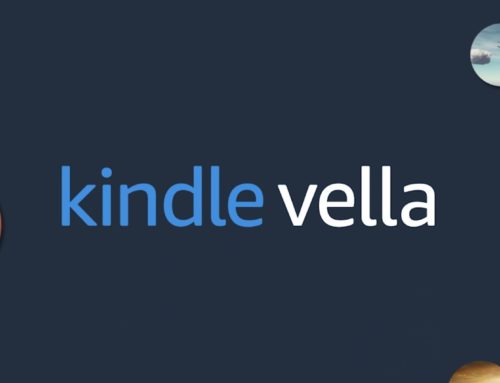


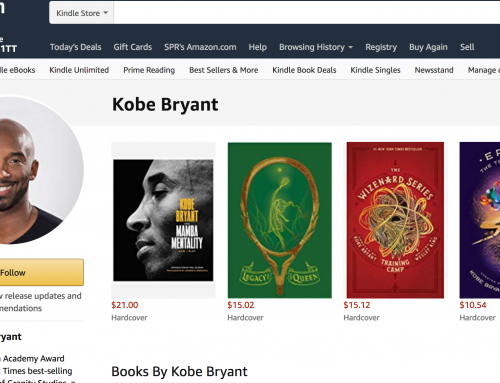



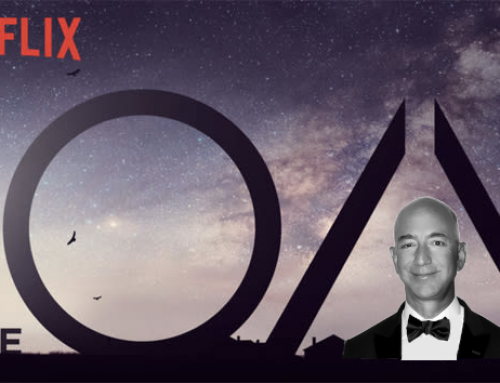
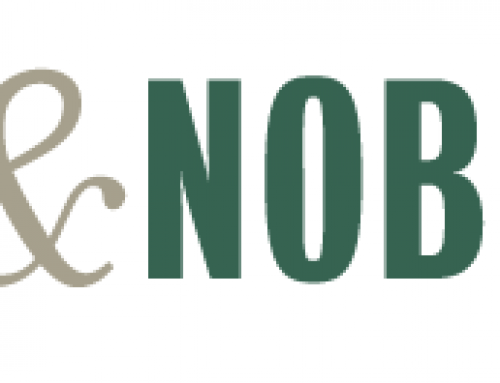
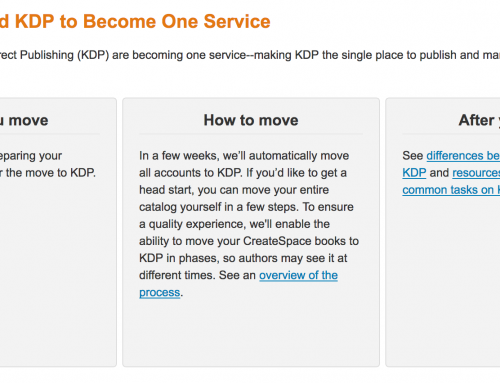

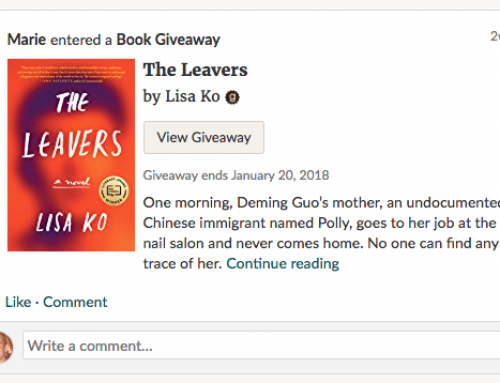
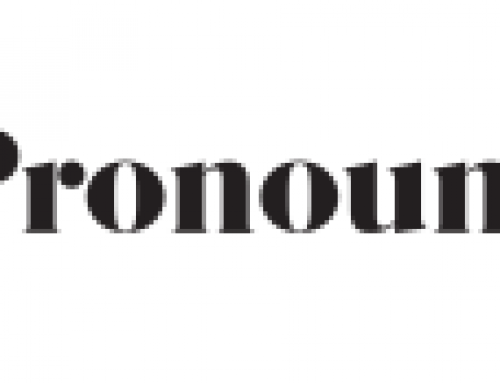
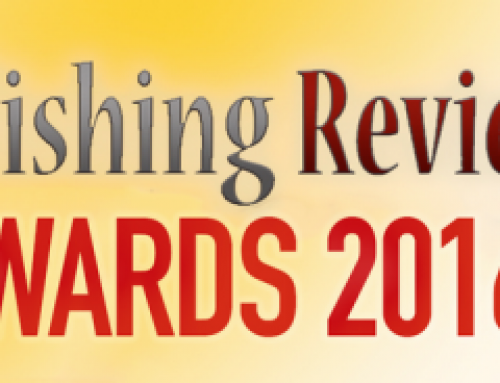
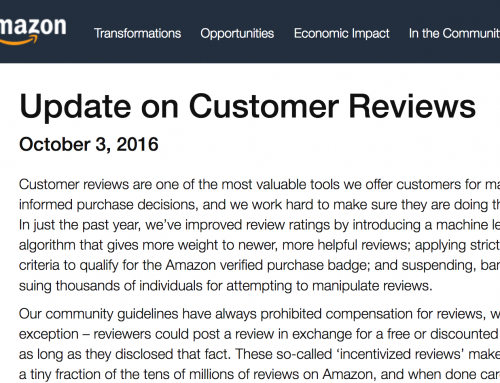
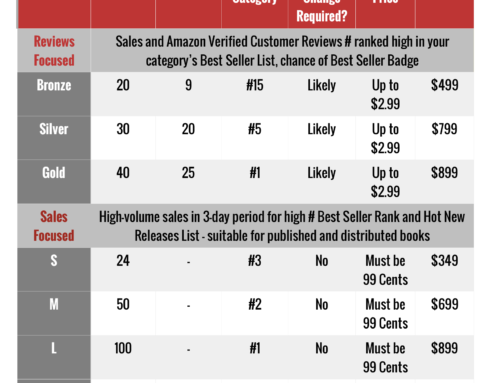
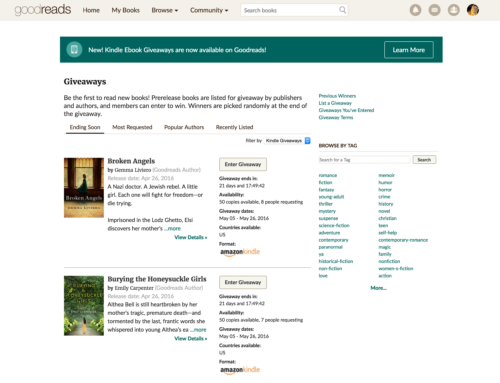


Yes, the Paid Content guy is not well aware of the way things are. DRM can be a real drag, and Adobe needs to learn they can’t control the web with oldstyle business models of restriction.
Sorry that DRM might appear to be a “drag”, but at least it’s better than nothing and won’t deter a genuine reader. What do Smashwords offer the author? Some fine words about deterring piracy. Do they do anything actively to stop their books being pirated? If so, their website doesn’t seem to spell it out. Basically, their business model operates on the Serpent’s tail model. As they admit, few authors sell large quantities, but they offer a huge number of titles. So basically, to the likes of Smashwords, piracy is not a significant challenge to their business model. But to professional authors, producing a small number of books, piracy is a much more damaging prospect, threatening their livelihoods..